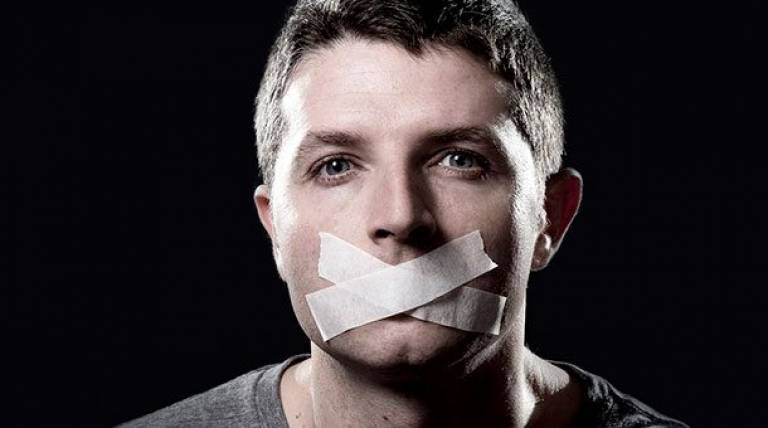Copyright Law and Freedom of Speech
8 February 2017

Copyright law often thought to be designed to embody an appropriate balance between the need to allow copyright owners control over uses of copyright works (thereby providing an incentive for creativity) and the need to preserve some access to those works for socially valuable uses. Increasingly, however, copyright law has been subject to the criticism that it no longer strikes the right balance between control and access.
This seminar investigated the interaction between copyright law and the protection of freedom of speech from a number of different angles:
- Judge M Margaret McKeown (US Court of Appeal, 9th Circuit) discussed the view from the US – considering, in particular, Google v Garcia 786 F 3d 733 (9th Cir. 2015) and the trend for litigants to try to use copyright law to remedy personal harms or to protect privacy interests.
- Jonathan Griffiths (Professor of Intellectual Property Law, Queen Mary University of London) considered the impact of recent jurisprudence from the Court of Justice of the European Union and suggested that fundamental rights, such as freedom of expression, will have an increased significance upon the interpretation of copyright exceptions.
- Julia Reda (Member of the European Parliament, Pirate Party) and John Halton (Assistant General Council, Financial Times) debated whether more (i.e. the proposed ancillary press publishers right) or less copyright protection was required to reach the right balance.
The Event was chaired by Professor Sir Robin Jacob (UCL IBIL).
Click here for the Programme details.
Click here for a social media highlight of the event by UCL Laws LLM student, Patricio González (@mrpatrick).
 Close
Close

